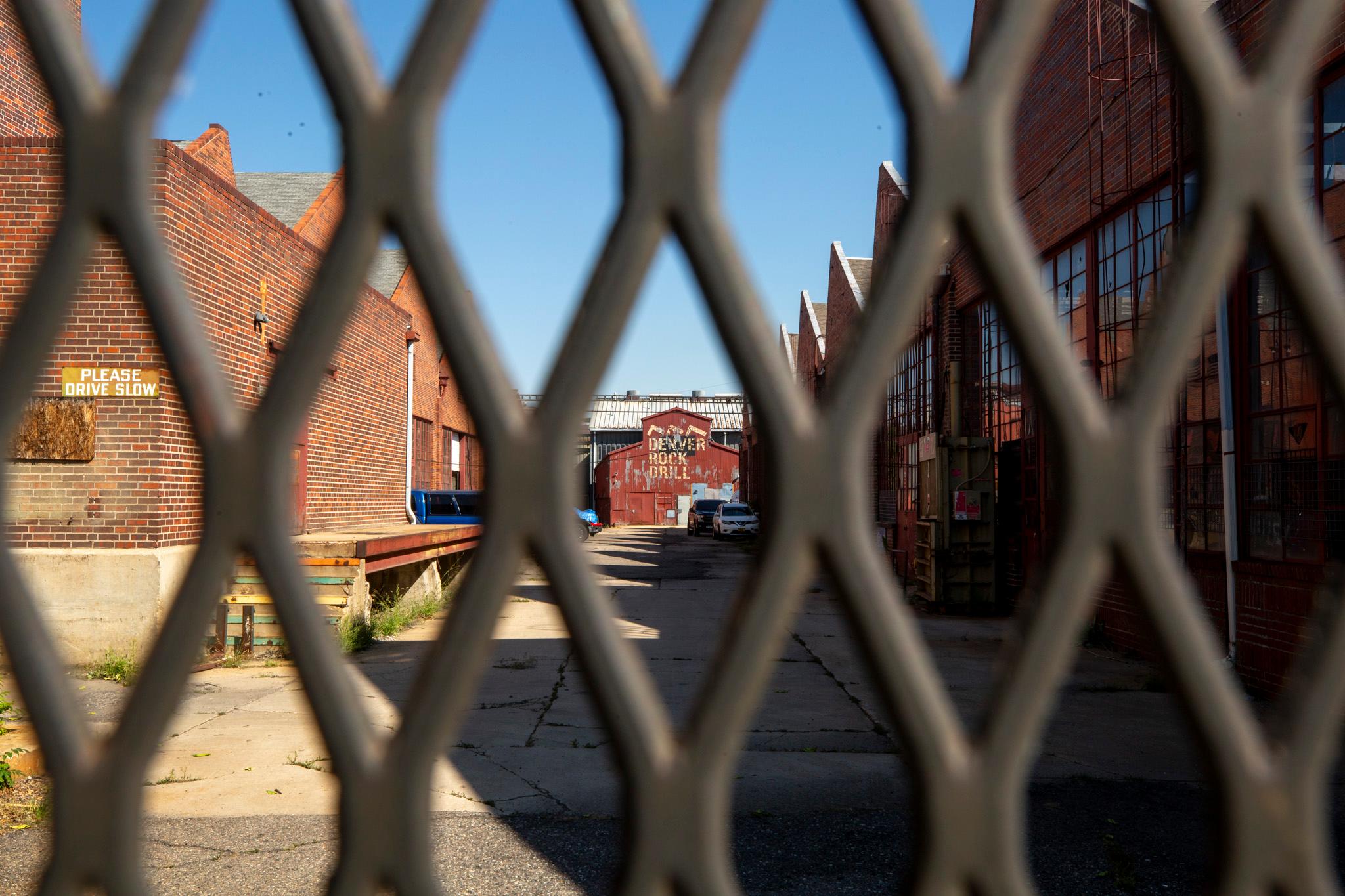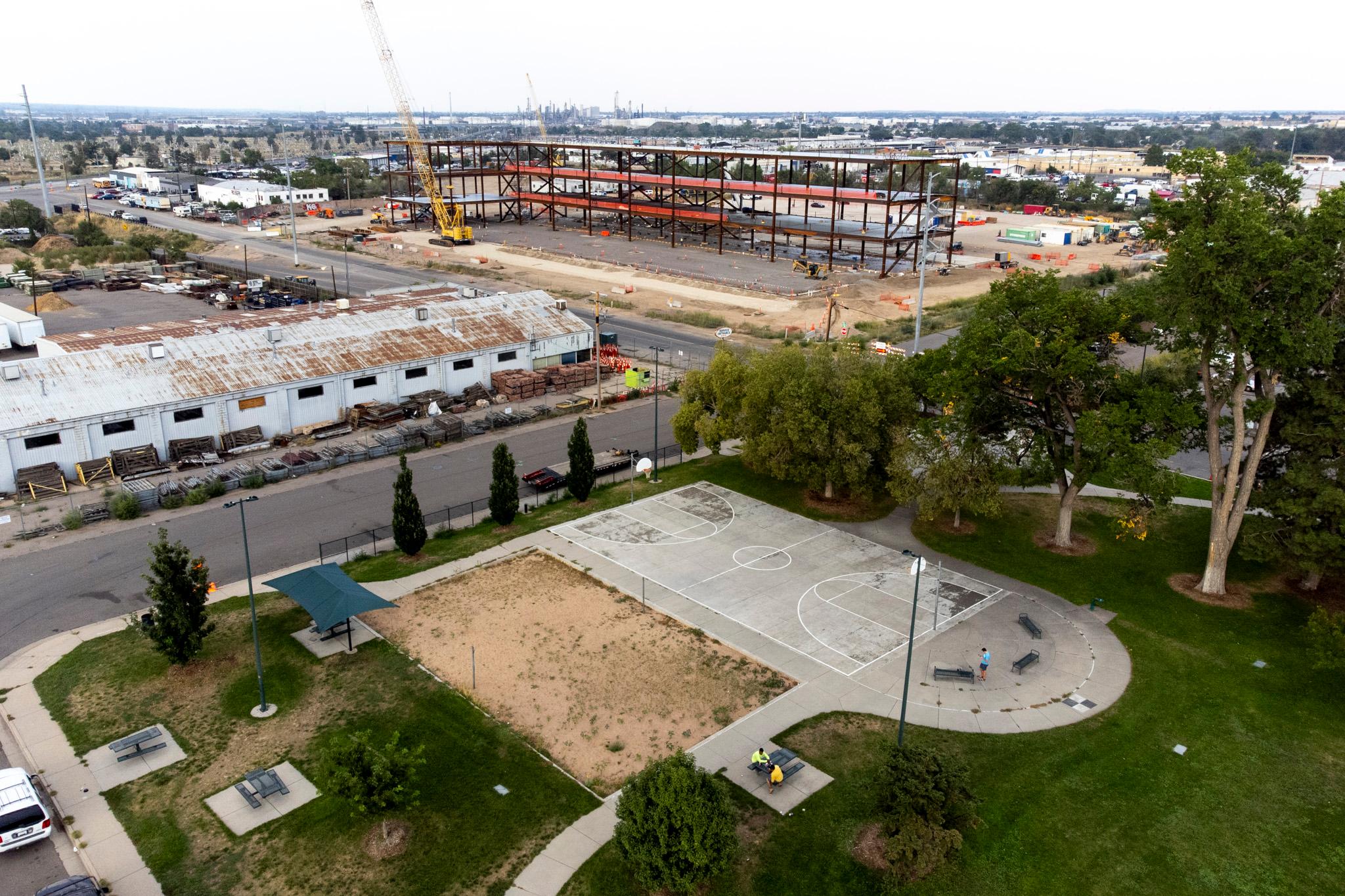Developers and neighbors outlined a plan to activate a long-delayed redevelopment project in the Cole neighborhood in a two-hour hearing at Denver City Council on Monday.
For years, the former site of the Denver Rock Drill Manufacturing Company has been touted for a major redevelopment project, which would bring dense housing, retailers and restaurants into the 6.7-acre property. An initial effort to activate the site failed, but a new developer approached the city with the current pitch in 2023.
The project received a much-needed kickstart on Monday, with council members voting to approve a rezoning, a development contract and tax benefits for subsequent construction.
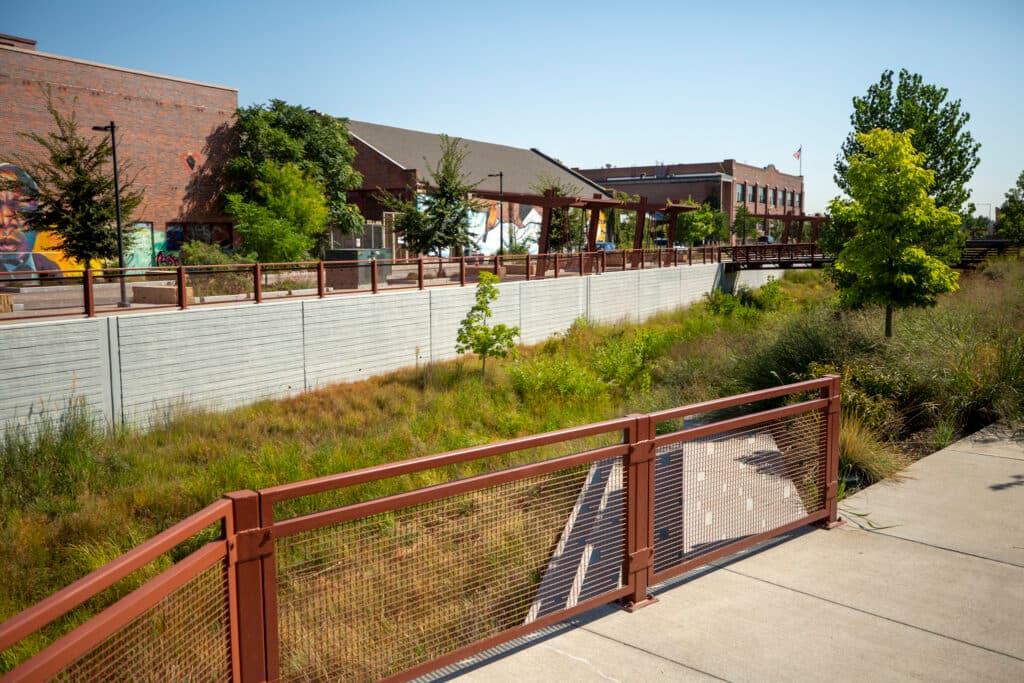
The Rock Drill site sits at the north end of the Cole neighborhood, just a couple blocks from the 38th and Blake rail station. The north and south borders are defined by 39th and 40th avenues, and the east and west borders are Franklin and Williams streets.
While the outside is painted with numerous murals, the insides are rather barren. Aside from a few industrial offices, a coffee stand and a few condominium units, the 6.7-acre site largely sits unused.
What Rock Drill could look like.
While no timeline was provided, developers said the finished product will provide up to 800 residential units, 60,000 square feet of office space, 150,000 square feet of retail space, hundreds of hotel rooms, parking spaces and more.
The new zoning for the area allows for up to 16 stories of mixed-use development. Plans show five separate buildings in the Rock Drill complex, with the ground floor mostly reserved for offices and retailers.
Ten percent of the housing built on the site will be required to be income-restricted.
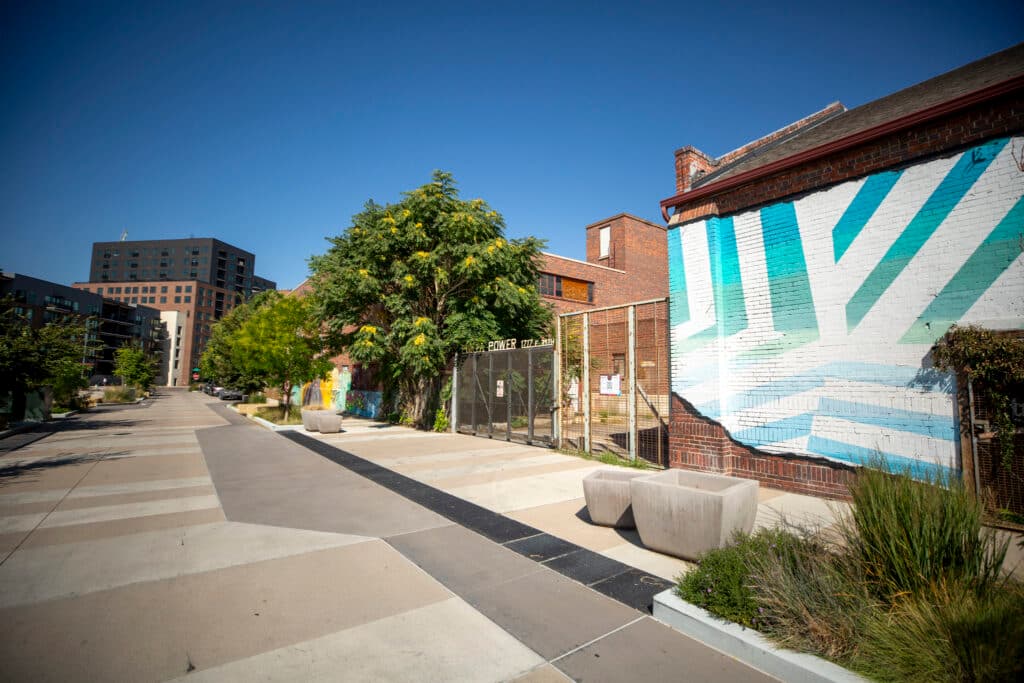
Many of the original brick buildings from the site’s drill manufacturing history remain standing. And with the deal struck with the city, many of them will be preserved and folded into the new development.
“Retaining and adaptively reusing an existing building is infinitely more sustainable from environmental and community perspectives than [a] new build,” John Deffenbaugh, the CEO of Historic Denver, told Denver City Council.
His organization joined neighborhood groups in supporting the several Rock Drill measures that were voted on on Monday.
The development will use some taxpayer dollars.
Rock Drill is expected to cost nearly $585 million. A portion of that will be reimbursed by taxpayer dollars through tax increment financing.
Tax increment financing, or TIF, is commonly used by the Denver Urban Renewal Authority to incentivize the redevelopment of blighted properties across the city. In order to be eligible for TIF, the city must find that the property is in need of urban redevelopment.
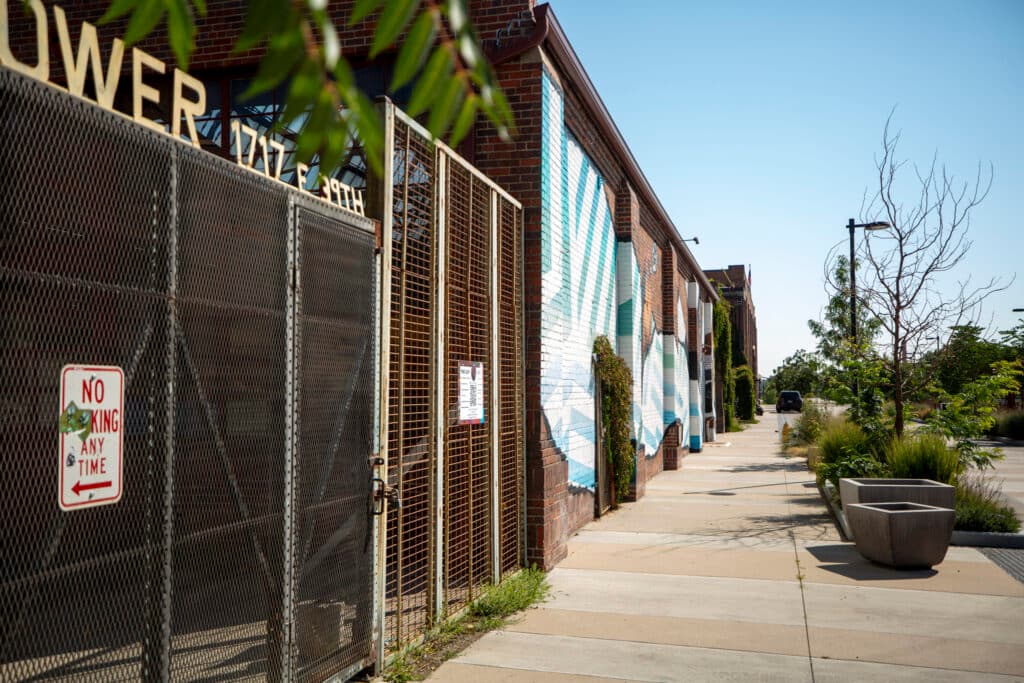
The city found that up to 7 percent, or $39 million, of the redevelopment will be eligible for TIF reimbursement. That’s expected to cover the cost of environmental remediation, the rehabilitation of certain historic buildings, the creation of a publicly accessible plaza and more.
While not in River North Arts District proper, Rock Drill will bring more dense development to north Denver, an area of town that has historically acted as an industrial center.
A couple miles away, developers recently finished up the first phase of construction at Denargo Market, a riverfront development bordering Crossroads, the city-owned and Salvation Army-operated homeless shelter.

